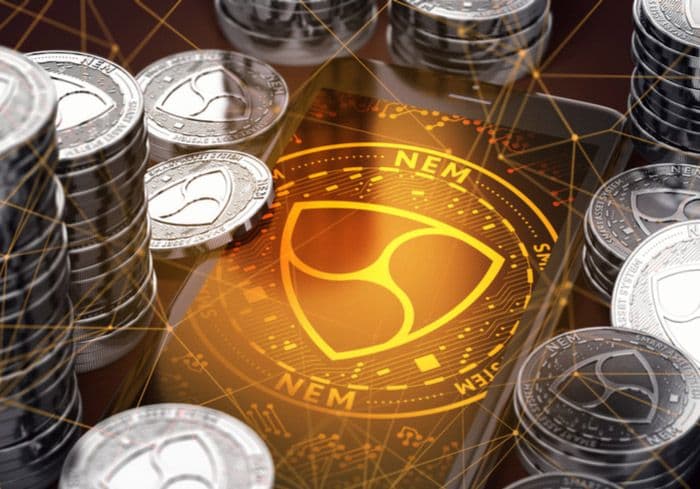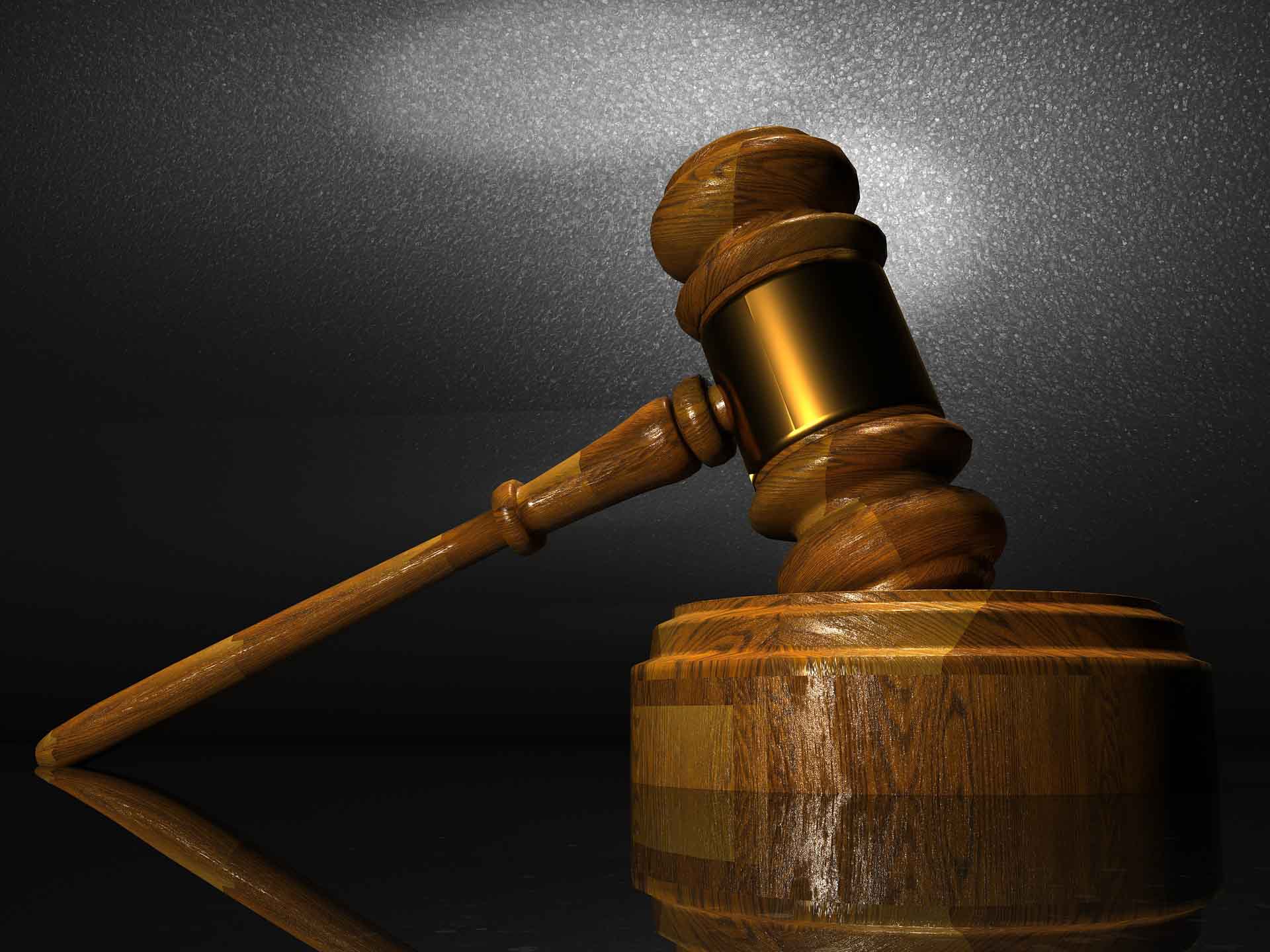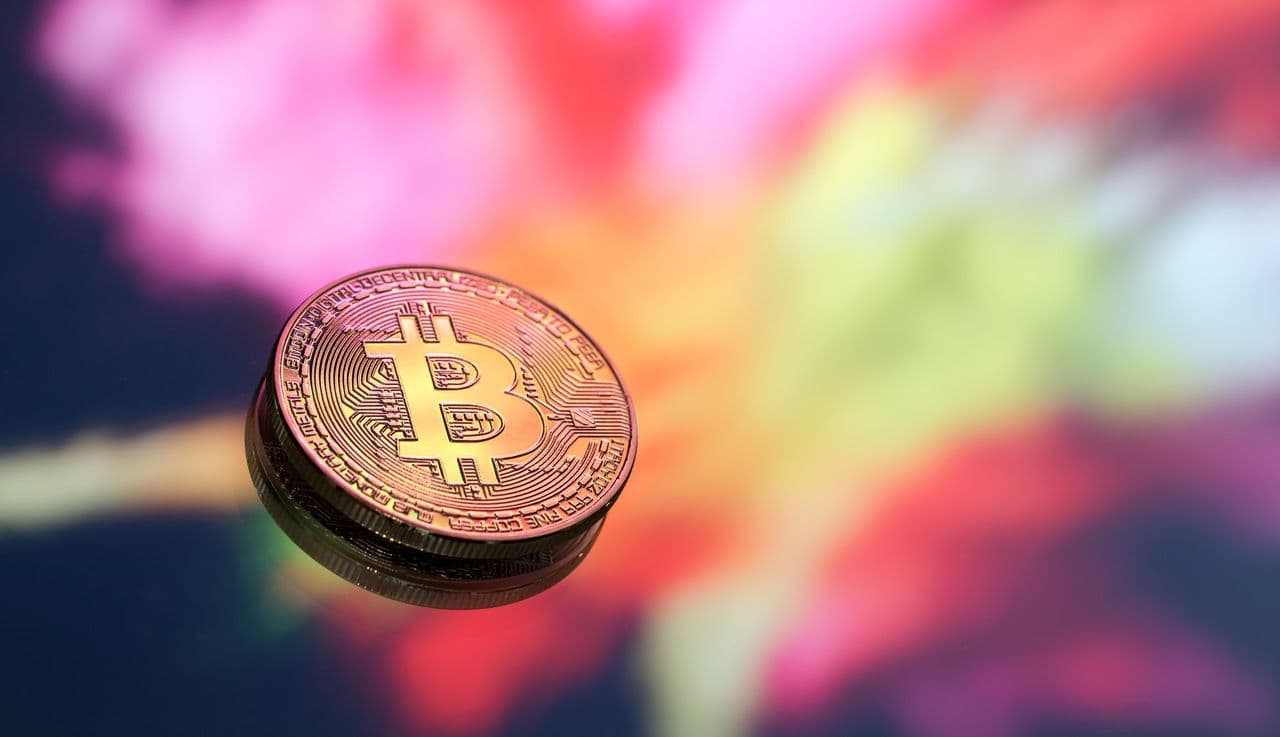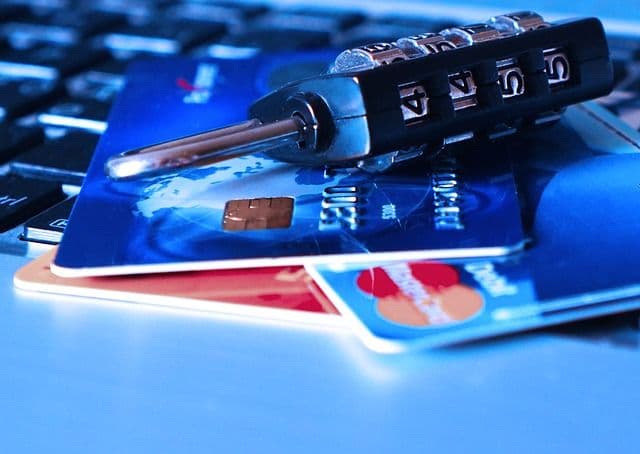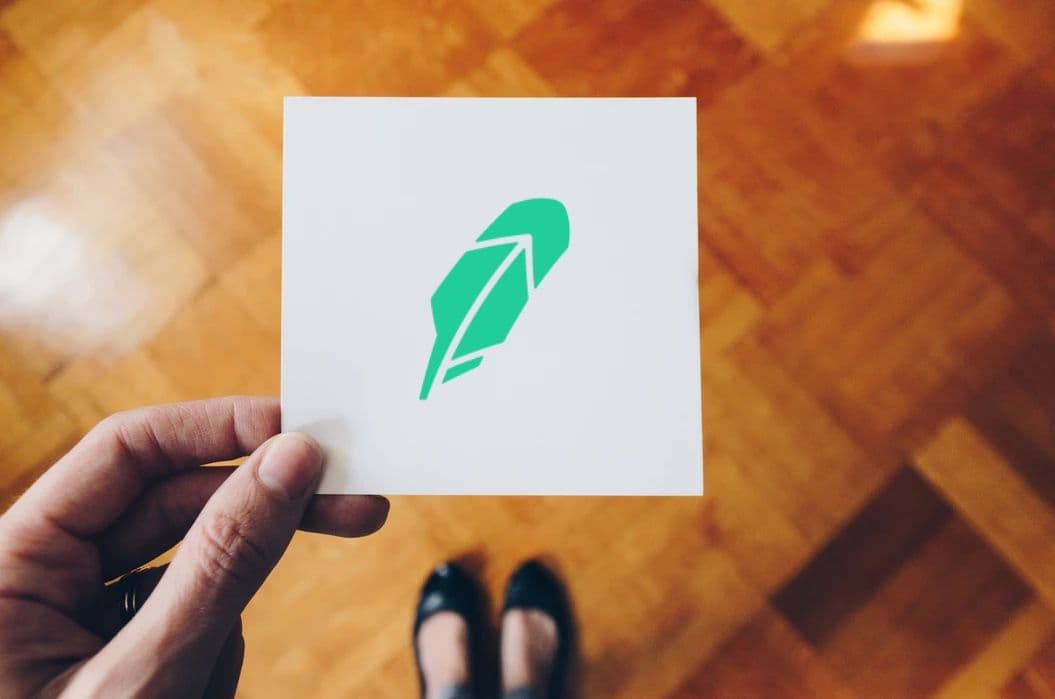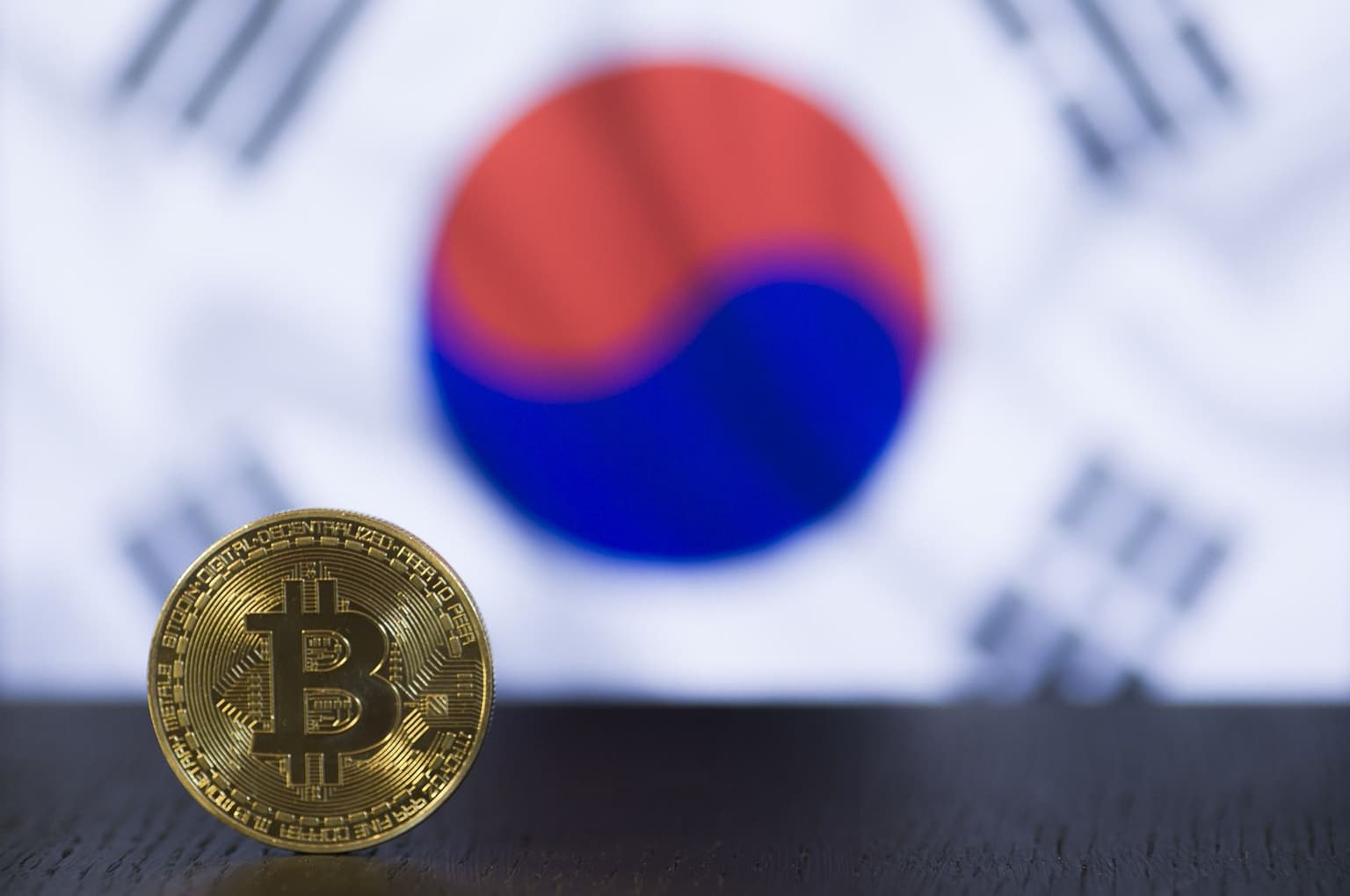Mt Gox will Compensate Hack Victims in 2019
According to a document from Mt Gox’s Trustee released earlier this week the civil rehabilitation process will finally get underway. Following a petition the Tokyo District Council ordered for compensation payments to begin to victims who lost a combined total […]

According to a document from Mt Gox’s Trustee released earlier this week the civil rehabilitation process will finally get underway.
Following a petition the Tokyo District Council ordered for compensation payments to begin to victims who lost a combined total of 800,000 Bitcoin.
The announcement was a victory for those who had lost at the hands of the exchange, as it has forced ongoing bankruptcy proceedings to be stayed. As Trustee Kobayashi wrote:
“In bankruptcy proceedings, non-monetary claims are converted into monetary claims based on the valuation as at the time of the commencement of bankruptcy proceedings. In contrast, in civil rehabilitation proceedings, non-monetary claims are not converted into monetary claims at the time of commencement of the civil rehabilitation proceedings.”
The ramifications of this legal technicality are twofold. First, it could be a win for victims of the hack, who will be able to make a claim for their lost Bitcoin, and not the equivalent fiat value. (Bitcoin has grown over 1000% from its 2014 $450 valuation).
Secondly, Kobayashi will no longer legally be able to sell more of the Bitcoin stockpile he is safeguarding. Critics allege that Kobayashi’s sale of $400m worth of Bitcoin this January was a significant factor causing the bear market still experienced in July.
With these two points, the announcement could herald good news for those affected by the turbulent storm of events. While this may be the case, there’s going to be more waiting for the victims of the hack – no reimbursement will occur until the start of 2019. Ostensibly this is to protect the cryptocurrency markets from further bearish action, with many traders leaving the market in an attempt to preempt large-scale selling.
Despite occurring in 2014, the ripples of the Mt Gox hack are still felt to this day. While progress is seemingly ongoing, it has been a long journey for those affected, and the lessons learned from the debacle remain highly pertinent to this day.



